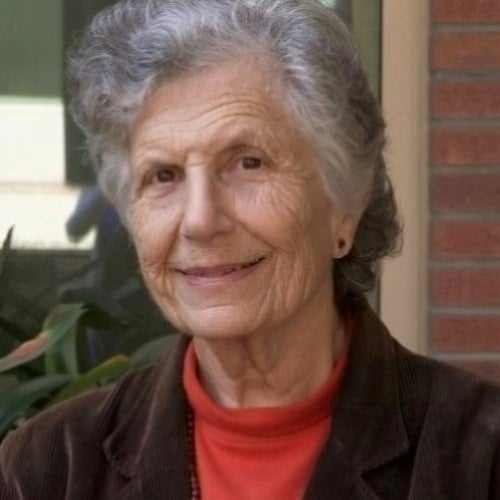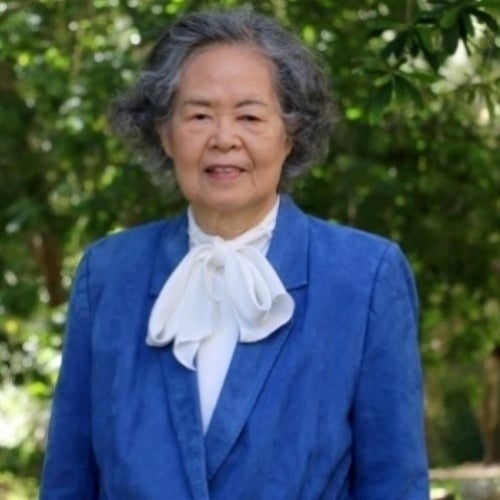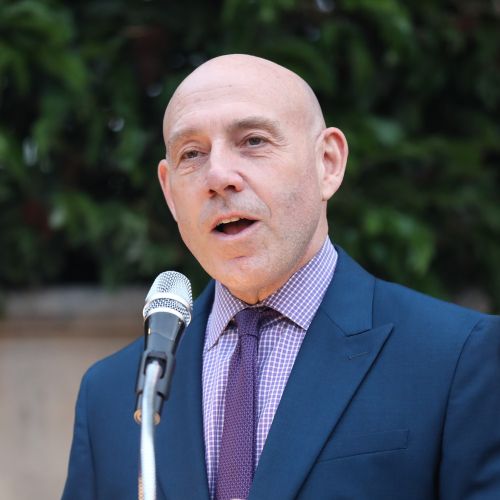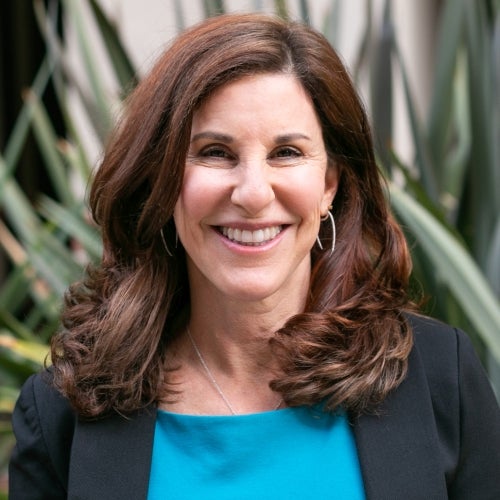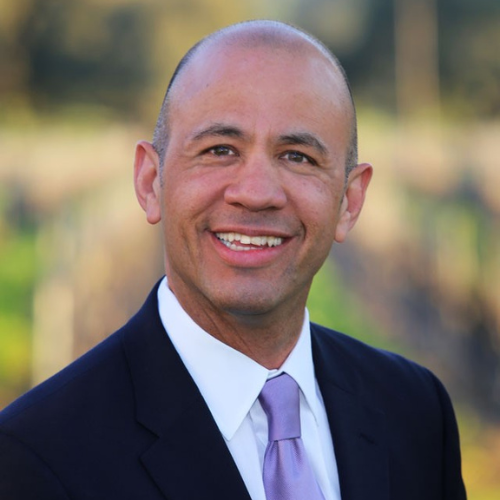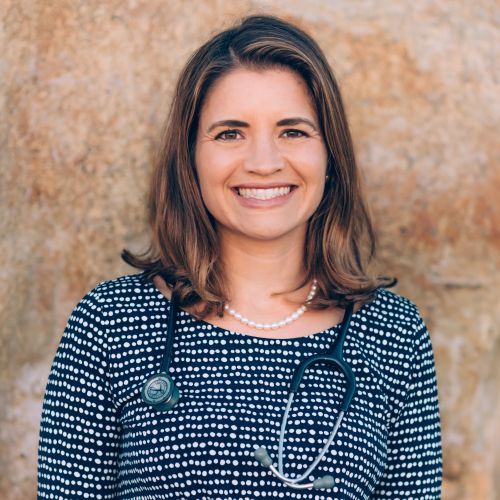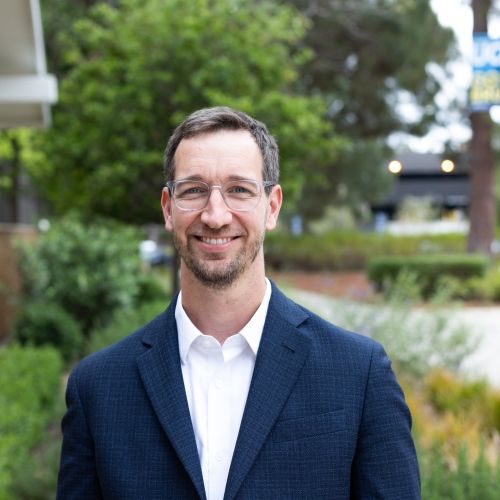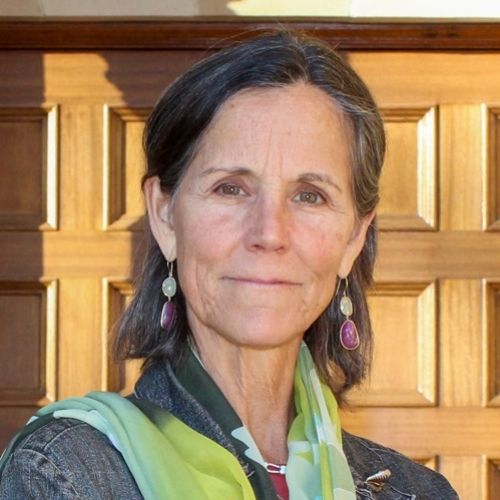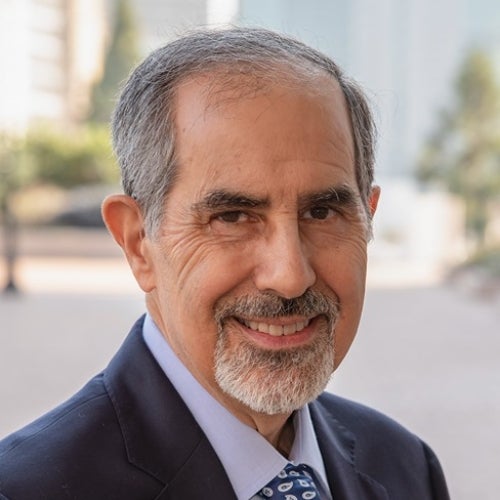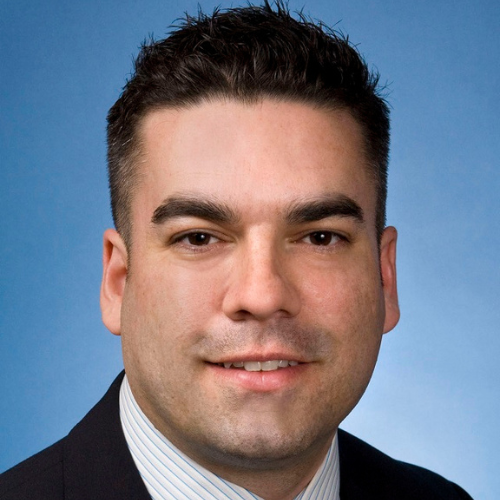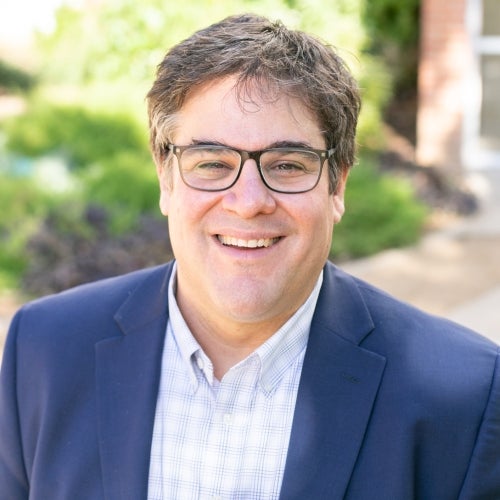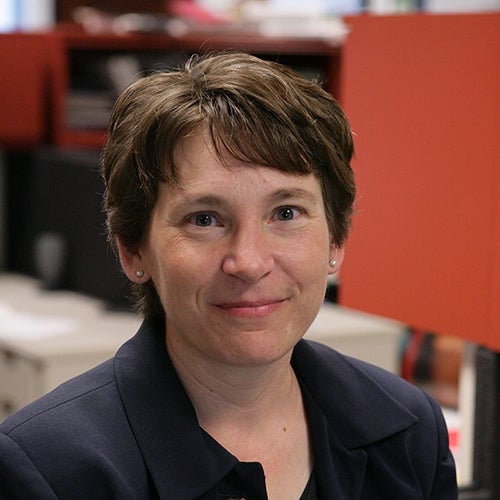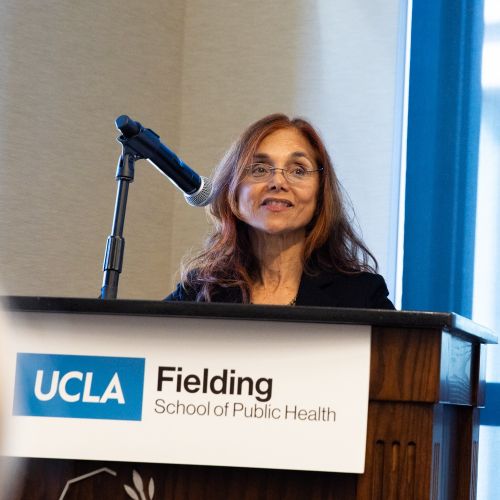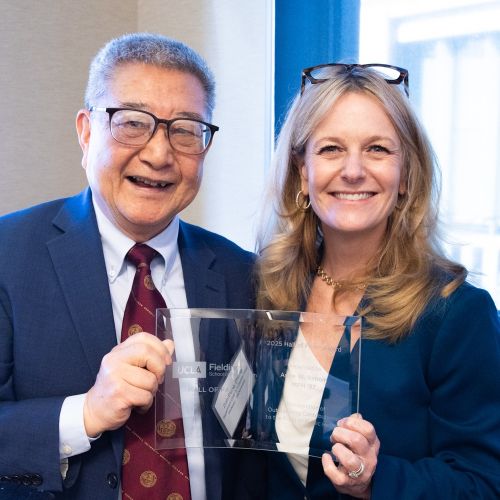Articles co-authored by UCLA Fielding School of Public Health researchers among health affairs' "top 10" studies of 2021
Two studies by UCLA Fielding School researchers have been recognized as among the 'Top 10' in 2021 by the scientific journal Health Affairs.

Two articles by UCLA Fielding School of Public Health researchers have been recognized as among the "Top 10" in 2021 by the scientific journal Health Affairs.
“While the ongoing COVID-19 pandemic rightfully occupied a large part of the public health conversation last year, I appreciate this opportunity to highlight several articles that did not receive the attention I feel that they deserved in 2021,” Alan Weil, the journal’s editor-in-chief, wrote in a column announcing the selections. “As with previous years, my top ten goes beyond our “most-read” articles and spotlights those that explore particularly interesting questions or use unique methods or data sources.”
The two UCLA Fielding School articles ranking in the journal’s Top 10 include:
- “The Effect Of The Affordable Care Act On Cancer Detection Among The Near-Elderly” with co-authors including Dr. Gerald Kominski, Fielding School professor emeritus of health policy and management, and Dr. Srikanth Kadiyala, a senior economist in the Fielding School’s UCLA Center for Health Policy Research.
- “Trust In Governments And Health Workers Low Globally, Influencing Attitudes Toward Health Information, Vaccines” co-authored by Dr. Corrina Moucheraud, associate professor of Health Policy and Management and associate director of the UCLA Center for Health Policy Research, Dr. James Macinko, professor in the departments of Community Health Sciences and Health Policy and Management and associate dean for research, and Fielding School PhD student Huiying Guo.
The study about trust in government and healthcare workers found less than one-third of respondents expressed trust in health advice from their governments; less than half trusted doctors and nurses or felt positive about vaccines. In this analysis of survey data from 144 countries that predate the COVID-19 pandemic, trusting one’s government — although reported by only approximately one-quarter of respondents — was associated with having positive attitudes toward vaccines.
In the study about cancer and the Affordable Care Act, the researchers used a “difference in discontinuities” approach to show that the increase in insurance coverage among adults ages 60–64 due to the Affordable Care Act greatly increased rates of cancer detection for this population. Fifty-nine additional incidents of cancer were detected per 100,000 people, and 68 percent of these were early- and middle-stage cancers—and thus more likely treatable.
The UCLA Fielding School of Public Health, founded in 1961, is dedicated to enhancing the public's health by conducting innovative research, training future leaders and health professionals from diverse backgrounds, translating research into policy and practice, and serving our local communities and the communities of the nation and the world. The school has 761 students from 26 nations engaged in carrying out the vision of building healthy futures in greater Los Angeles, California, the nation and the world.
Faculty Referenced by this Article

Professor of Community Health Sciences & Health Policy and Management, and Associate Dean for Research
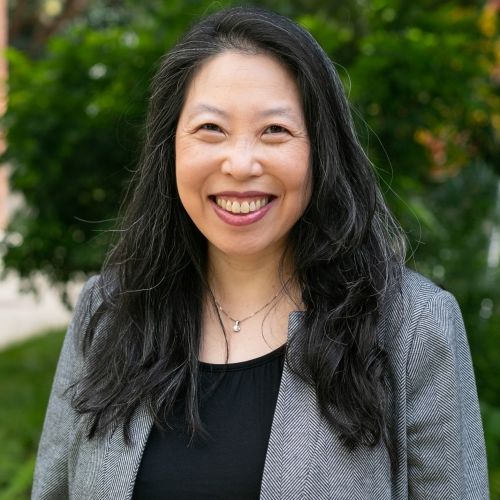
Assistant Dean for Research & Adjunct Associate Professor of Community Health Sciences

Robert J. Kim-Farley, MD, MPH, is a Professor-in-Residence with joint appointments in the Departments of Epidemiology and Community Health Sciences

EMPH Academic Program Director with expertise in healthcare marketing, finance, and reproductive health policy, teaching in the EMPH, MPH, MHA program
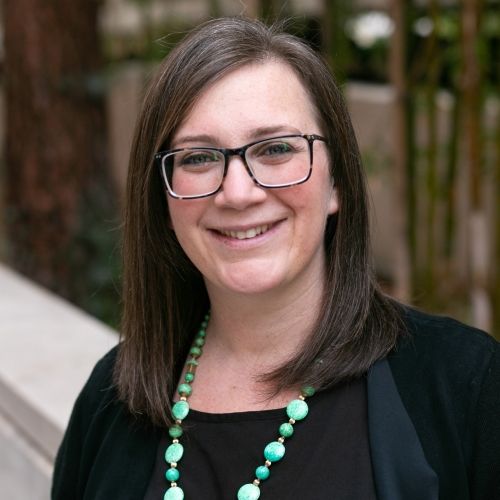
Director of Field Studies and Applied Professional Training
Nationally recognized health services researcher and sociomedical scientist with 25+ years' experience in effectiveness and implementation research.

Dr. Ron Andersen is the Wasserman Professor Emeritus in the UCLA Departments of Health Policy and Management.

Dr. Michelle S. Keller is a health services researcher whose research focuses on the use and prescribing of high-risk medications.








